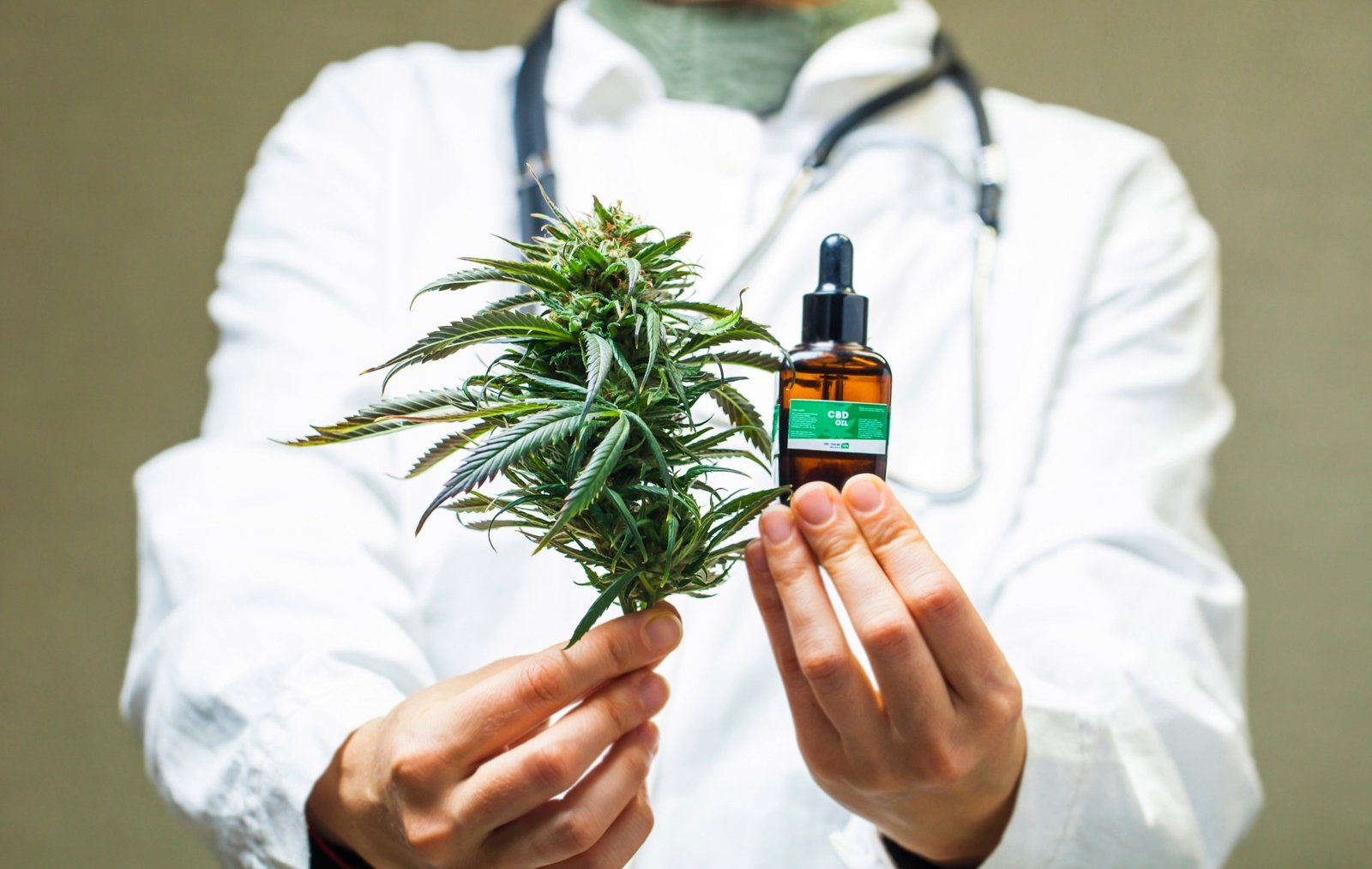A recent long-term study has found that medicinal cannabis significantly improves the quality of life for patients suffering from chronic conditions. Conducted by researchers at the University of Sydney, the QUEST Initiative tracked patients over 12 months to see if the benefits observed in the initial three months of cannabis oil use could be sustained. The findings, published in the journal PLOS One, indicate that those who continued treatment experienced ongoing gains in both physical and mental health.
Many individuals living with chronic conditions face daily challenges, including constant pain, sleep disruption, and emotional stress. Traditional treatments often provide limited relief, and the side effects from long-term medication can further diminish a patient’s quality of life. Medicinal cannabis has emerged as a potential alternative, offering a new hope for those who have not responded to conventional therapies.
Since Australia legalized medicinal cannabis in 2016 for patients who do not respond to standard treatments, over one million people have been prescribed cannabis for more than 200 health conditions. Most patients use it to manage pain, sleep disorders, anxiety, or depression. The therapeutic effects of cannabis come from compounds like THC and CBD, which provide alternatives to opioid medications that carry risks such as addiction and cognitive decline.
The QUEST study included participants aged 18 to 97 from 114 clinics between November 2020 and December 2021. Participants completed regular assessments at the start of the study, two weeks in, and at eight additional time points up to 12 months. They reported on their health-related quality of life (HRQL), covering physical, emotional, and cognitive well-being, as well as metrics like fatigue, pain, sleep, anxiety, and depression.
Results from the study showed clear improvements. The HRQL scores improved quickly and remained high throughout the study period. Specifically, EQ-5D-5L scores increased by 0.114 (Cohen’s d = 0.52), and QLQ-C30 scores rose by 10.71 points (d = 0.91), indicating a significant clinical improvement. Pain intensity and interference decreased markedly, particularly among chronic pain patients, with the PROMIS pain interference score improving by 4.87 points (d = 0.76). Additionally, fatigue levels dropped by 4.70 points (d = 0.51), and sleep disturbances were reduced by 5.96 points (d = 0.76).
Patients with anxiety and depression also experienced significant benefits from medicinal cannabis. Those with depressive disorders saw a reduction in depression scores by 7.19 points (d = 0.65), which moved many participants from severe to moderate symptoms. Similarly, anxiety scores improved by 5.65 points (d = 0.69), surpassing the clinically recognized threshold of 5 points.
The study also found that the THC to CBD ratio in cannabis oils influenced outcomes. Oils dominated by THC were associated with greater improvements in anxiety, depression, fatigue, and sleep, while CBD-dominant oils were more effective for specific types of pain, such as headaches and cancer-related pain. Musculoskeletal pain responded better to CBD-dominant oils compared to those that were purely CBD.
Nearly half of the participants reported reducing their use of other prescription medications, with around 22% having been on opioids when they began the study. By the end of the 12 months, 70% of these patients had either reduced or completely stopped their opioid use. However, people with movement disorders noted improvements in HRQL but did not show significant changes in upper limb function, with an average score increase of only 1.43 points, not meeting the clinical threshold for improvement.
The study also observed that completion rates for patient-reported outcomes declined over time, dropping to 38% by the 12-month mark. Those who dropped out earlier tended to show less improvement, suggesting that participants who continued with the treatment derived more benefits from medicinal cannabis.




